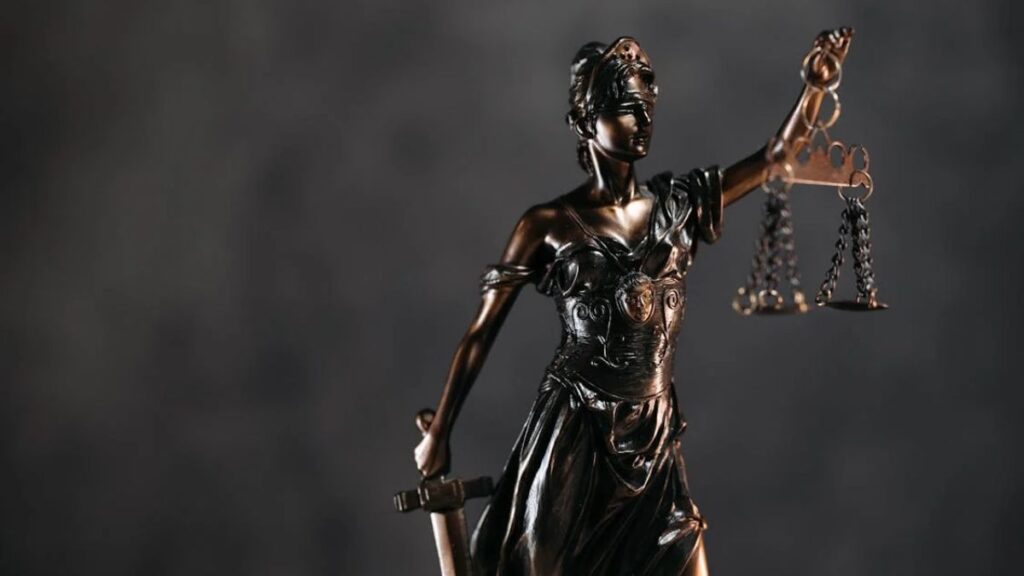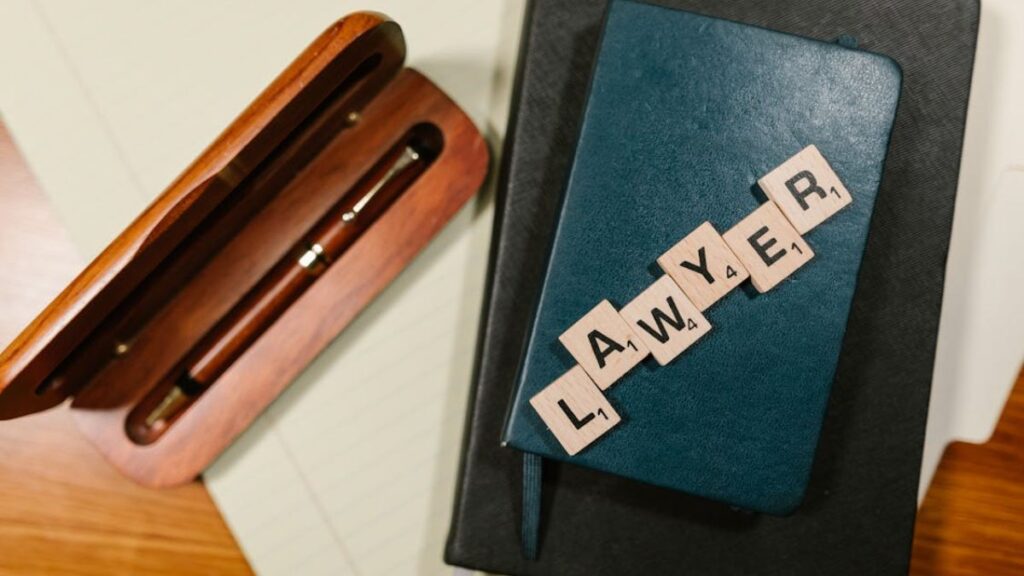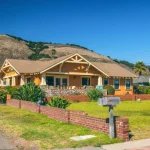Wildfires are increasingly becoming a devastating force, leaving a trail of destruction in their wake. From the loss of property to severe injuries and environmental damage, their impact can be life-altering. For those affected, pursuing legal action is often a crucial step toward recovering losses and seeking justice. Understanding the legal avenues available is essential for anyone considering filing a wildfire lawsuit.

File a Wildfire Lawsuit
When it comes to filing a wildfire lawsuit, affected individuals and businesses must establish the cause of the fire and identify the responsible party. Many wildfires are caused by human negligence, such as faulty utility equipment, arson, or improper land management. This negligence opens the door for lawsuits against utility companies, government agencies, or private entities. Victims may seek legal guidance from firms like Oberheiden to navigate the complexities of such cases. Filing a lawsuit often involves compiling evidence, understanding local laws, and determining the extent of damages suffered, including financial losses and emotional distress.
Who Can File a Wildfire Lawsuit?
Wildfire lawsuits can be filed by a wide range of individuals and entities. Homeowners who lose their properties, businesses forced to shut down, and farmers who suffer agricultural losses are common plaintiffs. Additionally, government agencies or municipalities may file lawsuits to recover costs associated with firefighting or repairing public infrastructure. Even those indirectly affected, such as tenants or employees of businesses impacted by the fire, might have grounds for legal action under certain circumstances.
Grounds for Legal Claims
Successful wildfire lawsuits often hinge on proving negligence, strict liability, or breach of duty. Negligence occurs when a party’s carelessness directly causes the fire, such as failing to maintain power lines. Strict liability, on the other hand, applies when a company or individual is held responsible regardless of intent, often tied to inherently dangerous activities. Breach of duty claims can arise when property owners or organizations fail to take adequate precautions to prevent wildfires, such as clearing vegetation or addressing fire hazards.
Compensation for Wildfire Victims
Victims of wildfires may seek compensation for a variety of damages. These include property loss, emotional suffering, and medical expenses for injuries sustained during the fire. Economic damages such as lost income, relocation costs, and rebuilding expenses are also common claims. In some cases, victims may receive punitive damages, especially when the responsible party’s actions are found to be reckless or intentionally harmful. Compensation aims not only to alleviate the financial burden but also to provide a sense of justice and closure for those affected.
The Role of Experts in Wildfire Cases

Legal experts, investigators, and environmental specialists play a critical role in wildfire litigation. Investigators help determine the origin and cause of the fire, often using forensic techniques to pinpoint responsible parties. Environmental specialists assess the long-term impact on ecosystems and natural resources, providing essential evidence for damage claims. Wildfire attorneys navigate the intricate legal process, ensuring victims’ rights are protected while building a compelling case.
Wildfire litigation is a vital resource for individuals and communities devastated by these catastrophic events. Understanding who can file a lawsuit, the grounds for legal claims, and the potential outcomes is crucial for navigating this complex process. By pursuing legal action, victims not only seek justice and compensation but also help drive accountability and change to prevent future tragedies.







